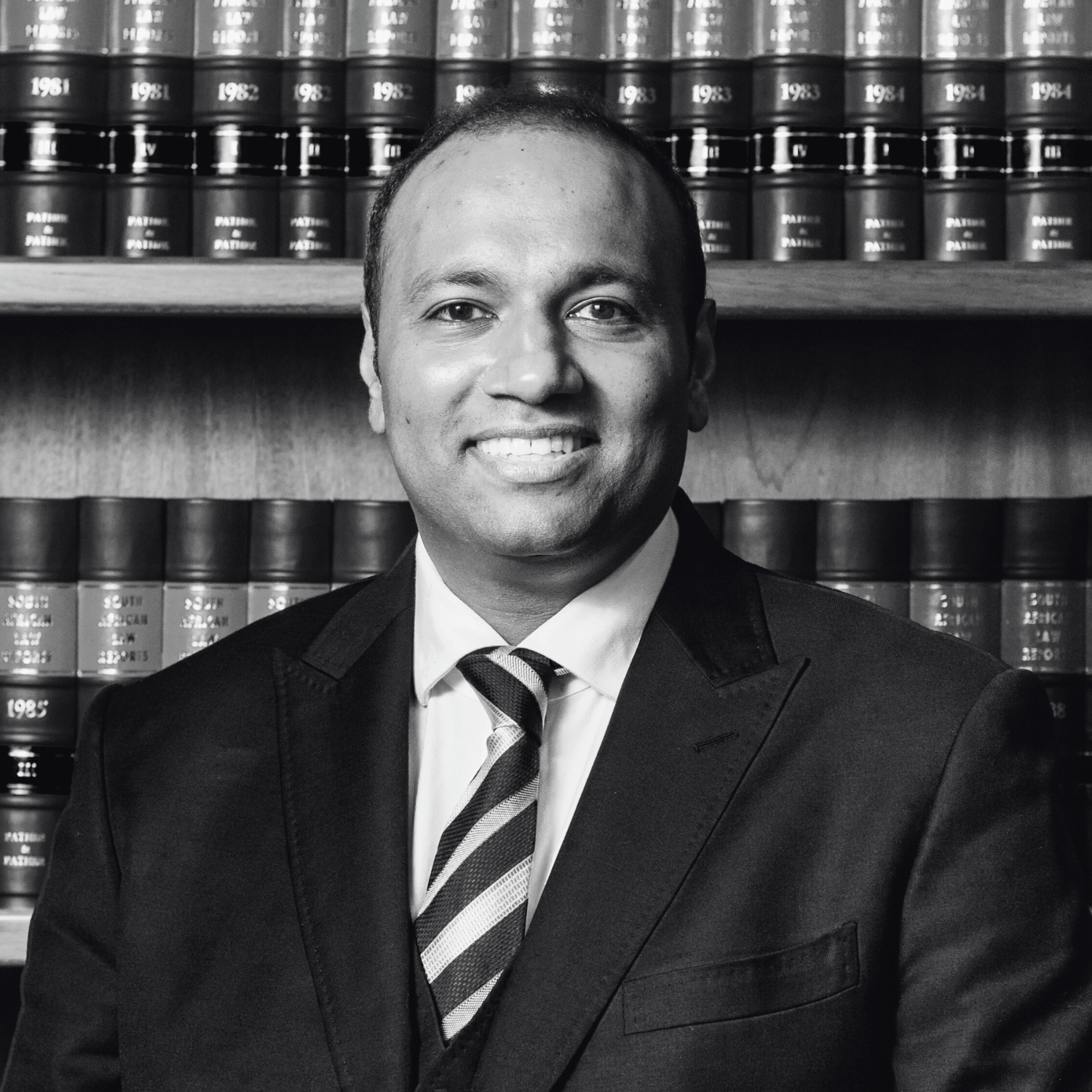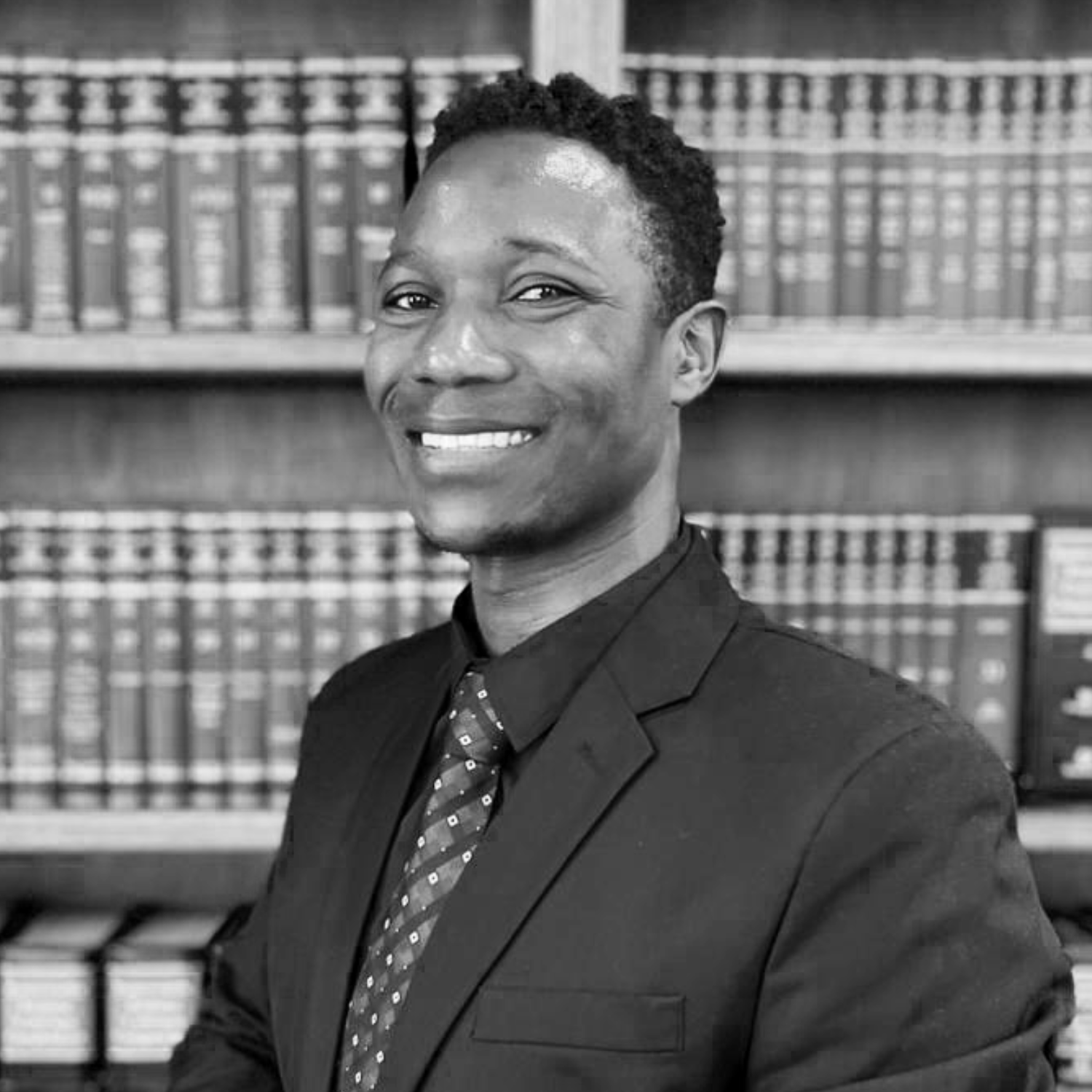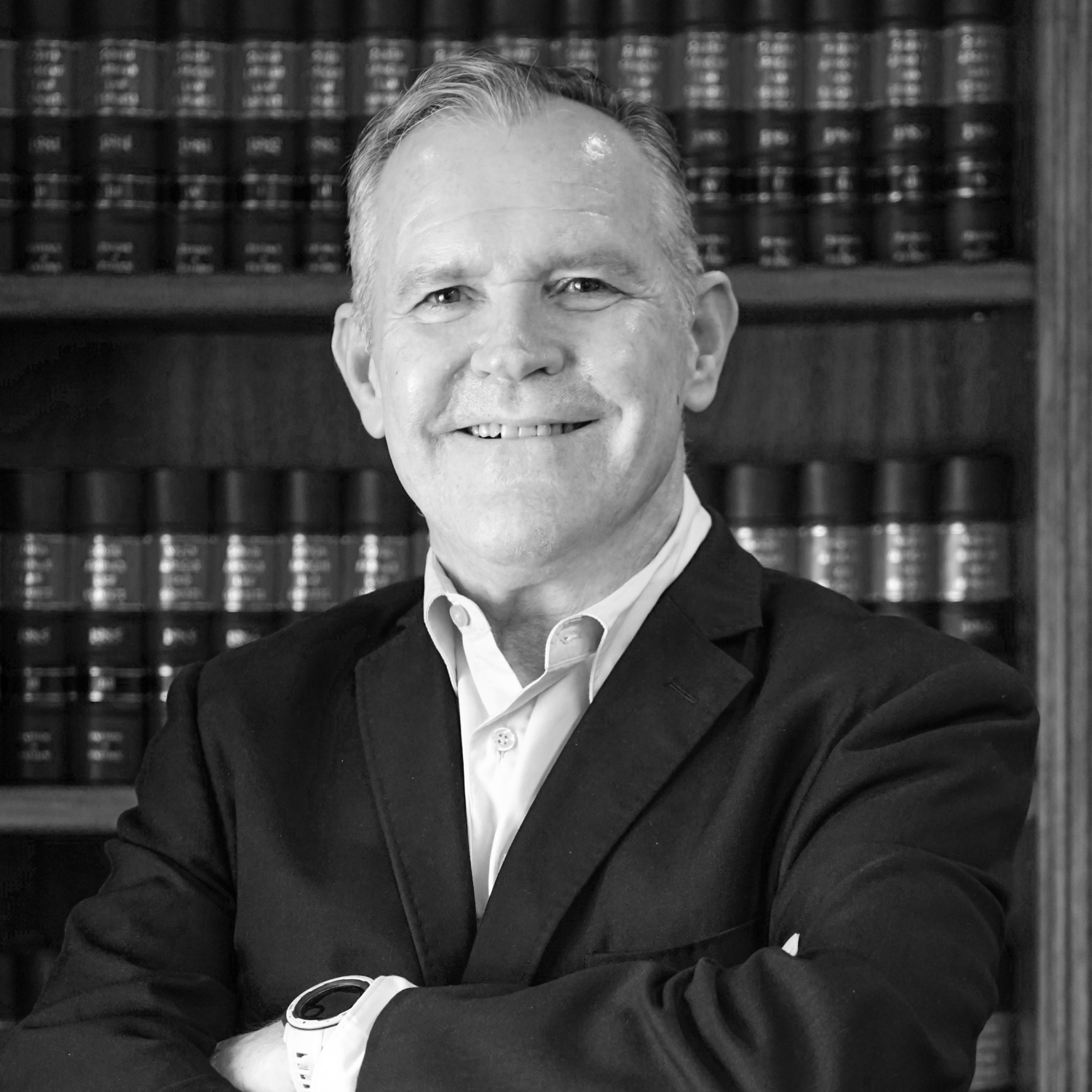Trusts are a popular planning tool for wealthy South African families to manage their fortune, but constantly changing tax laws and a greater scrutiny of trusts by tax authorities mean that trustees need to be aware of their duties and obligations.
The core idea of a trust is that there must be a separation of ownership or control of trust assets, from enjoyment of the trust benefits. This is where most trustees, who are also beneficiaries, fall foul of the law.
Many people who act as trustees do not know what their obligations to the trust are. Do you know what your duties and responsibilities as a trustee are and the consequences of non-compliance?
A trustee’s obligations to the trust are determined by the Trust Property Control Act no. 57 of 1988 (“the Act”). Section 9 (1) of the Act specifically stipulates that a trustee must comply with the provisions of the trust deed with the necessary standard of care, diligence, skill and expertise.
Furthermore, the common law prescribes various obligations and functions that trustees must adhere and comply with, namely:
- trustees must act jointly and in good faith;
- trustees must provide security to the Master of the High Court, unless the trustees have been expressly exempted from providing security;
- trustees must comply with the provisions of the trust deed;
- trustees must take control of the trust assets and preserve them;
- trustees must open a bank account in the name of the trust;
- trustees must act impartially at all times;
- trustees must give an account to the beneficiaries and the Master.
Unfortunately, many trustees do not comply with the obligations imposed on them. This has negative consequences for such trustees.
In the High Court case (Tijmstra v Blunt – Mackenzie 2002 1 SA 459 (T)) the importance of a trustee’s actions and the consequences associated with non-compliance are strictly emphasized.
A family trust, which consisted of a farm and other investments, was set up by the grandmother. She, her son and her grandchildren were the trustees of the trust. There was no unanimity regarding decision-making and management between the trustees and a dispute arose between them over the administration of the trust assets. The grandmother applied for her son and grandchildren to be relieved of their duties as trustees. She argued that the trust assets were mismanaged by them and she was not known in any decisions. Her son and the grandchildren, in turn, brought a counterapplication that she should rather be removed from office. Their application was based on the fact that she was becoming senile and also as a trustee could not fulfil her obligations.
The Court removed the grandmother, her son and the grandchildren all from office as none of them had properly fulfilled their duties as trustees and the trust assets were jeopardized due to their negligent actions.
It is important to note that certain acts that compelled the Court to dismiss the trustees were as follows:
- one of the trustees transferred trust money from a financial institution to his own personal account without any explanation;
- the trustee intentionally informed none of his fellow trustees of his decision to sell immovable property. This notwithstanding the fact that the trust deed required it;
- the trustee did not make the effort to study the trust deed and determine what the rights and duties of the trustee office require;
- the trust assets were treated by the trustee as his own assets;
- the trustee did not provide any independent input regarding the administration of the trust and merely relied on some of the other trustees;
- the trustee allowed gross misconduct of the other trustees without objection.
The Court further ruled that even if a trustee acted bona fide, he could still be removed from office if his conduct did not meet the standards set for a bonus et diligens paterfamilias.
By accepting office, a trustee undertakes duties of management. There is no place in our law for a passive trustee and a trustee who stands idly by can, in certain circumstances, incur personal liability.
The best advice I can give to trustees is to act in the interest of the trust at all times, to comply with the provisions of the trust deed and to act impartially and in good faith.
by Wim Visser


































